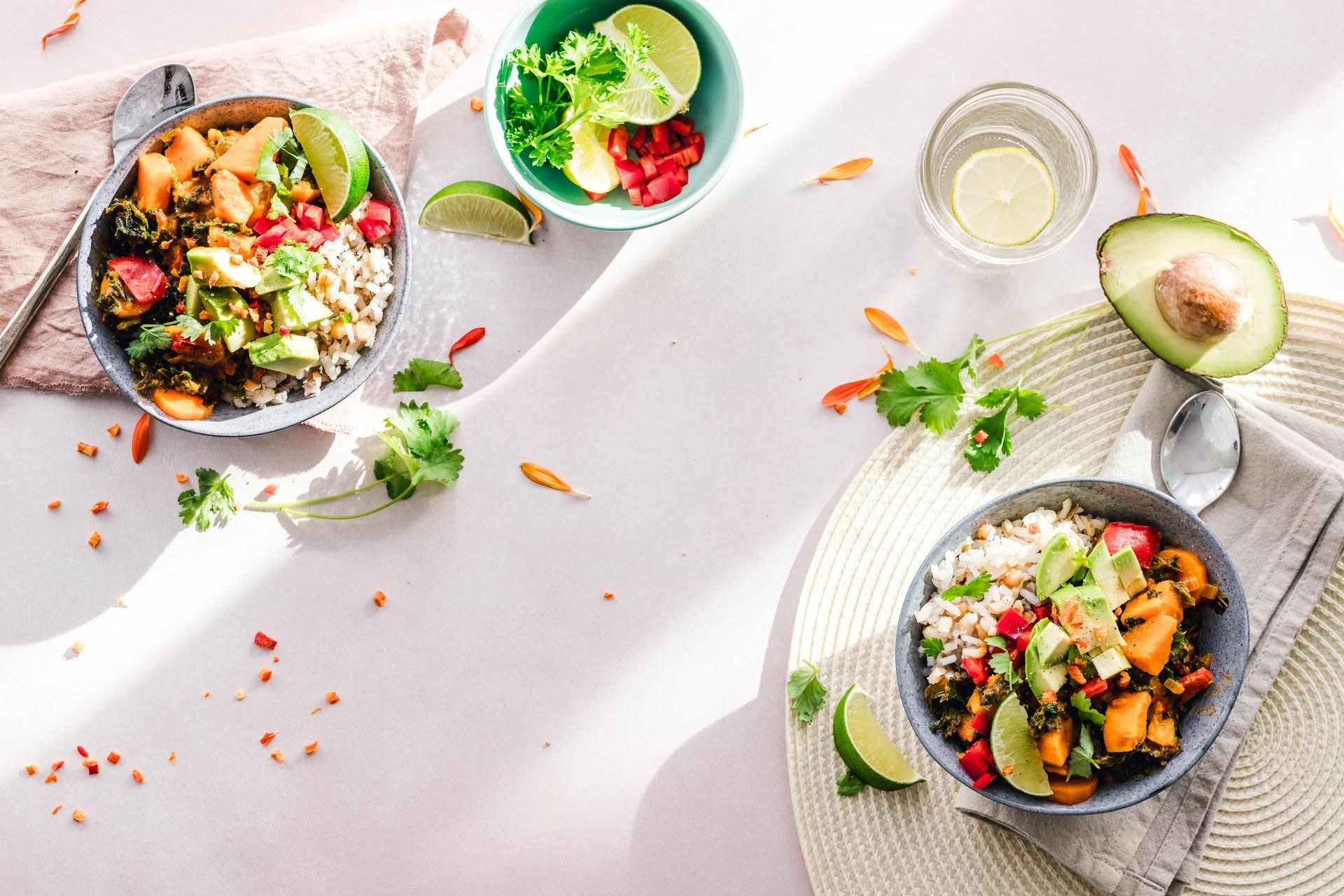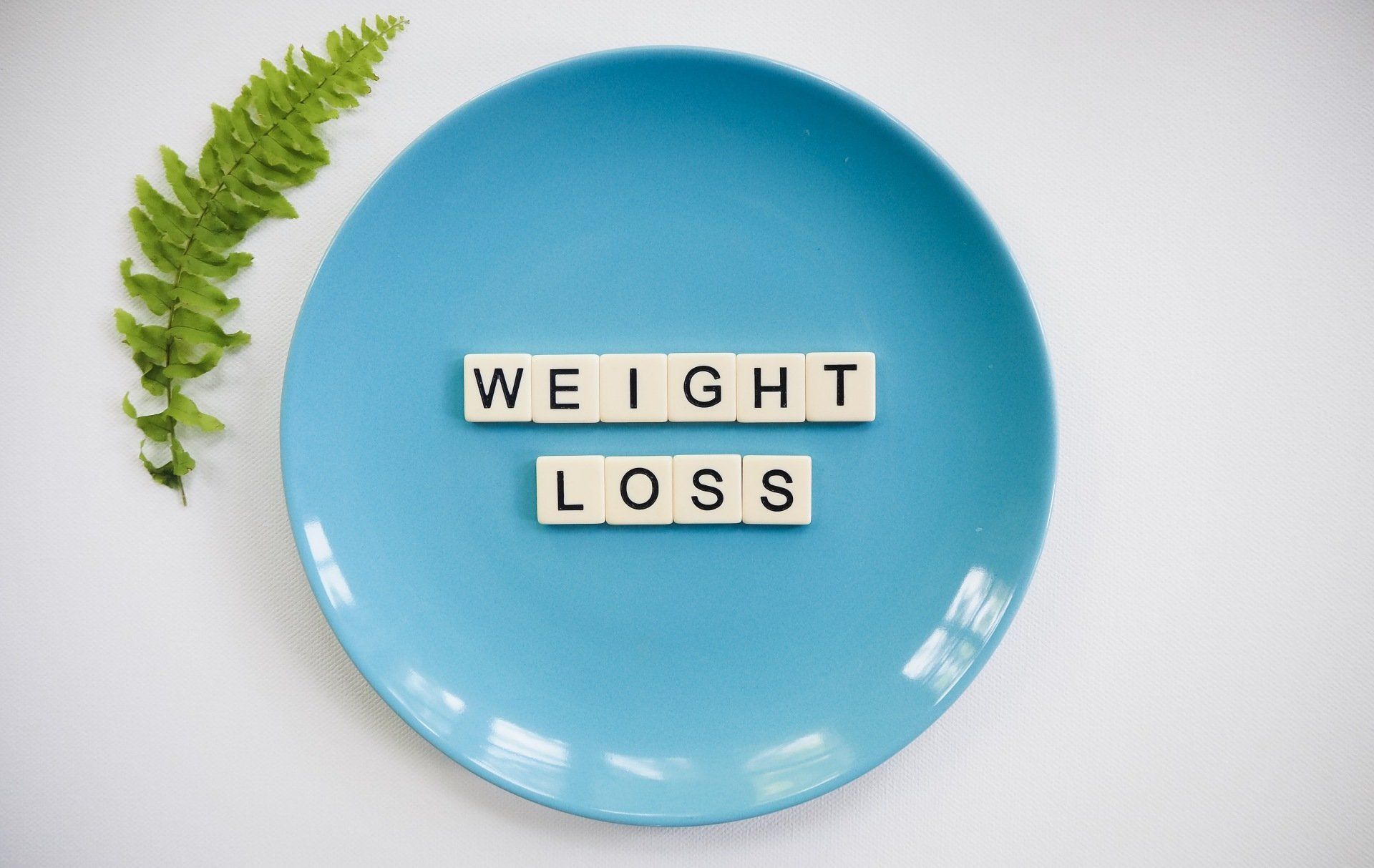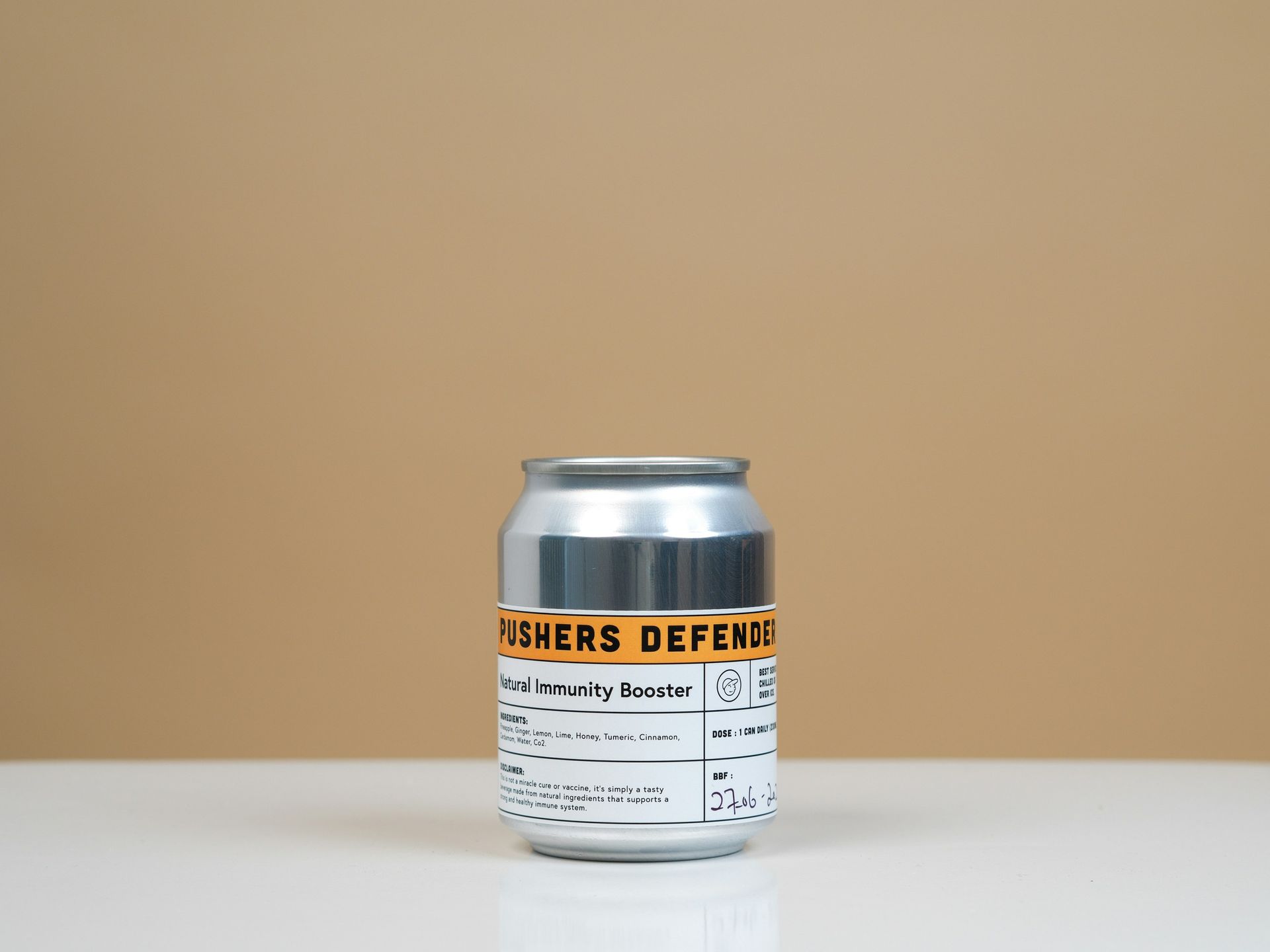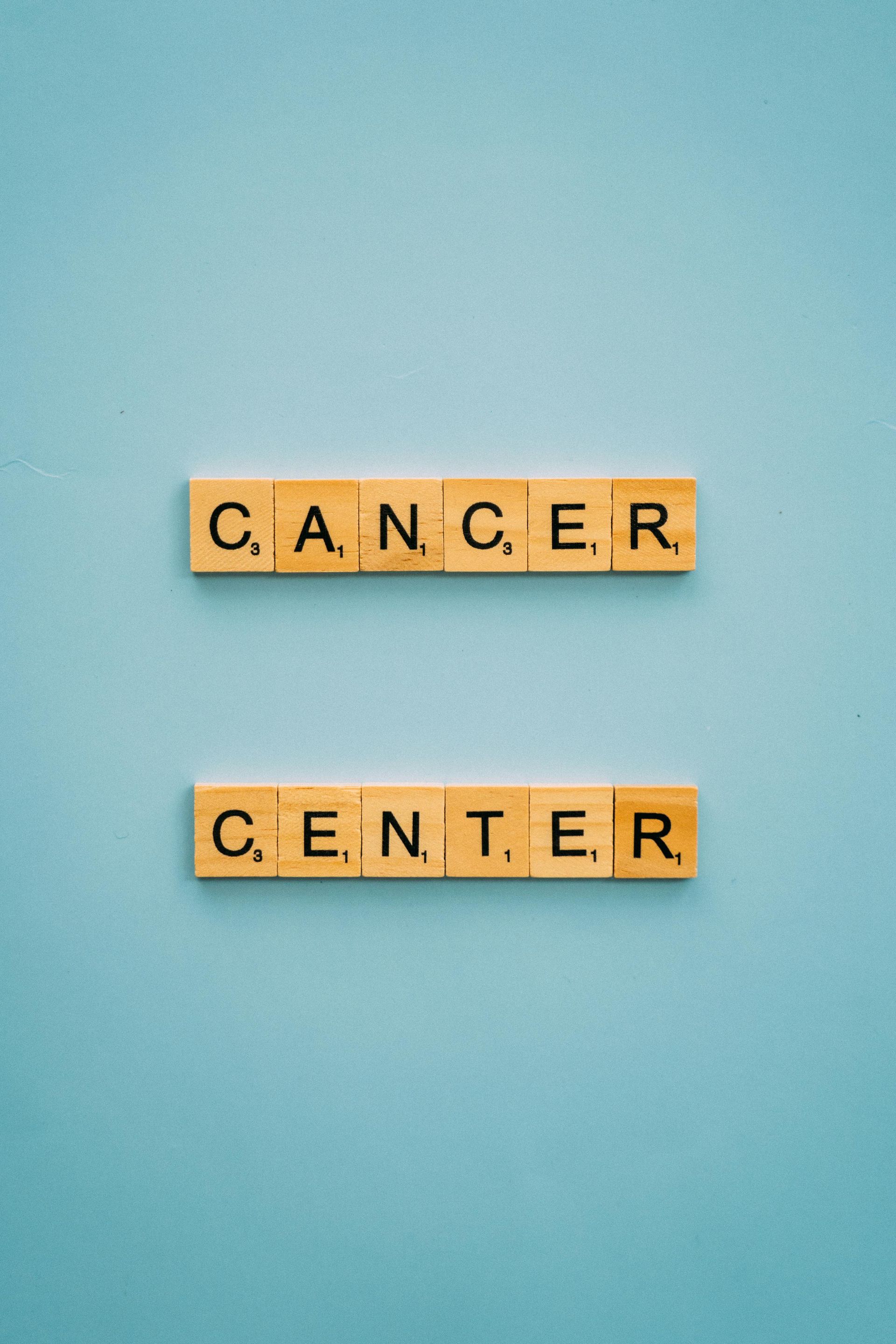What Foods to Eat on Keto Diets – Are Tomatoes Good for Cancer Patients?
What Foods to Eat on Keto? ARE TOMATOES ALLOWED ON A KETOGENIC DIET FOR CANCER?
What foods can you eat on ketogenic diets for cancer? Tomatoes are popular. Are tomatoes recommended or forbidden? Tomatoes are technically fruits. Tomatoes are not allowed on our keto diet (20 gm total carbs per day) for beginners list simply because of their carbohydrate content. According to www.calorieking.com, a single grape tomato contains 2 grams of total carbohydrates!
ANTI-CANCER BENEFITS OF TOMATOES
But there is evidence that tomatoes can be good for you. Tomatoes are showing benefits as an anti-inflammatory supplement.
Tomatoes contain lycopene, a natural substance called a carotenoid. This is what gives tomatoes and carrots their red color.
Lycopene has health benefits and can prevent heart disease and cancer by downregulating the inflammatory response of the body. Reactive oxygen species and signaling pathways can also be dampened, to decrease inflammation. It can also decrease cancer risk by decreasing signaling pathways such as the Nuclear factor kappa B and MAPK mitogen-activated protein kinase signaling. Immune warrior cells can also undergo programmed cell death, further decreasing the inflammation. (1)
The blood vessel walls benefit from the decreased nuclear factor kappa B signaling and become less likely to cause heart attacks and stroke. (2)
Inflammation is also a key reason behind Crohn's disease and irritable bowel syndrome..
Flavonoids can stop inflammation in the gut by dampening the pro-inflammatory signals in the epithelium. The epithelium is the top-most layer of cells that line your gut. A poor immune system will disrupt this top layer and cause a leak, cause the immune cells, usually the white blood cells or leucocytes to migrate and increase inflammation. A study of lab mice was conducted in order to study the effects of tomato extracts on the mice intestine. The researchers prepared some tomato extracts and applied these to the mice colons. They found that the extracts diminished the activity of several, but not all inflammation signals. Nuclear factor-kappa B and MAPK were decreased but not STAT-3. nor TNF-alpha tumor necrosis factor-alpha. Another article mentioned that tomato juice, when given to well-nourished elderly men and women, had no effect on natural killer cells or white blood cell immunity. (3)
AUTOIMMUNITY, LECTIN, AND TOMATOES
BUT, Tomatoes also contain lectin. Lectins are carbohydrate-binding proteins found in plants, like beans, potatoes, and cereals. Lectins can be inflammatory and toxic. Some lectins can get past the gut wall and deposit themselves in distant organs. (4)(5)
TOMATOES, LECTINS, AND KIDNEY DISEASE
Wheat gliadin contains a lectin-like substance that binds to intestinal lining cells and causes celiac disease. Wheat lectin can also go to the kidneys and bind to immunoglobulin A and clump together into a deposit, causing kidney damage to the tubules in the kidney. A trial of kidney disease called IgA nephropathy showed improved kidney function when the patients were told to avoid wheat gluten.
TOMATOES and CANCER: LECTINS, GUT HEALTH, and HISTAMINE
Lab mice were fed with lectins. The researchers found that the cells lining their guts sloughed off and essentially become "naked". The naked gut lining became exposed and vulnerable to abnormal bacteria and parasites called protozoa. The lectins also caused the stomach cell lining to react, similar to an allergic manner, by releasing a substance called histamine, which stimulates the stomach to release gastric acid. Now you have peptic ulcer disease!
Histamine release is also implicated as a risk factor for developing some cancers (5). Lectin can create an abnormal bacterial population in the stomach, which can make one vulnerable to Helicobacteria pylori infection. H. Pylori infection is what we know, can predispose some people to develop stomach cancer or lymphoma.
The lectin can also strip the cells in our upper airways, making us vulnerable to common viral infections. Therefore, a stone-age diet, where starchy foods are rare, might be protective.
In a nut-shell, lectins can act as an allergen. It can cause allergies and autoimmune-related diseases. It can indirectly cause diseases like diabetes, kidney disease, rheumatoid arthritis, and peptic ulcer, and upper respiratory infections.
Should we, therefore, avoid lectins (potatoes, tomatoes, lentils, beans, eggplants, peas, soybeans, dairy, including milk, grains such as barley, quinoa, and rice)???
The good news is, if you SOAK beans in water, you might be able to reduce some of the lectins. If you COOK these foods for at least 30 minutes, you might be able to reduce the number of lectins or even eliminate them entirely. However, cooking does eliminate some of the antioxidant, vitamin and mineral-rich benefits of these foods.
REDUCING THE HEALTH RISK WITH TOMATOES
How do we get the benefits of tomatoes without the obvious disadvantages?
The bottom line - it depends on your goals and on how you prepare your food.
If you cook food regularly, and keep these foods to moderation, you might be alright.
If you are planning to go on a ketogenic diet, keep in mind that tomatoes and carrots have a considerable carbohydrate content, so count carbs carefully.
If you eat raw food all the time, better consider limiting your lectin intake.
If you have some autoimmune disease, you might want to pay attention to what you are eating and try to eliminate as much as you can of the nightshade family of foods. (1-5)
If you are cancer free, and are trying to prevent cancer, you might be alright as long as you eat in moderation.
If you already have cancer, there might be a reason to avoid nightshade foods. That is, until you get your cancer under control first.
REFERENCES
- Palozza et al Tomato and Lycopene inflammatory Cascade: Basic Interactions and clinical implications. Curr Med Chem 2010;17(23):2547-63
- Armoza Haim2013 Tomato Extract and the carotenoids lycopene and lutein improve endothelial function and attenuate inflammatory NF-kB signaling in endothelial cells. J Hypertension. 2013 Mar;31(3):521-9\
- Watzl et al Prolonged tomato juice consumption has no effect on cell- mediated immunity of well-nourisihed elderly men and women. The Journal of Nutrition , Volume 130, Issue 7, July 2000Pages 1719-1723
- Wang Yu et al. Identification of intact peanut lectin in peripheral venous blood. Lancet 1998;352:1831-1832
- Pusztai et al. Specific uptake of dietary lectins into the systemic circulation of rats . Biochem Soc Trans 1989, 17: 481-482






